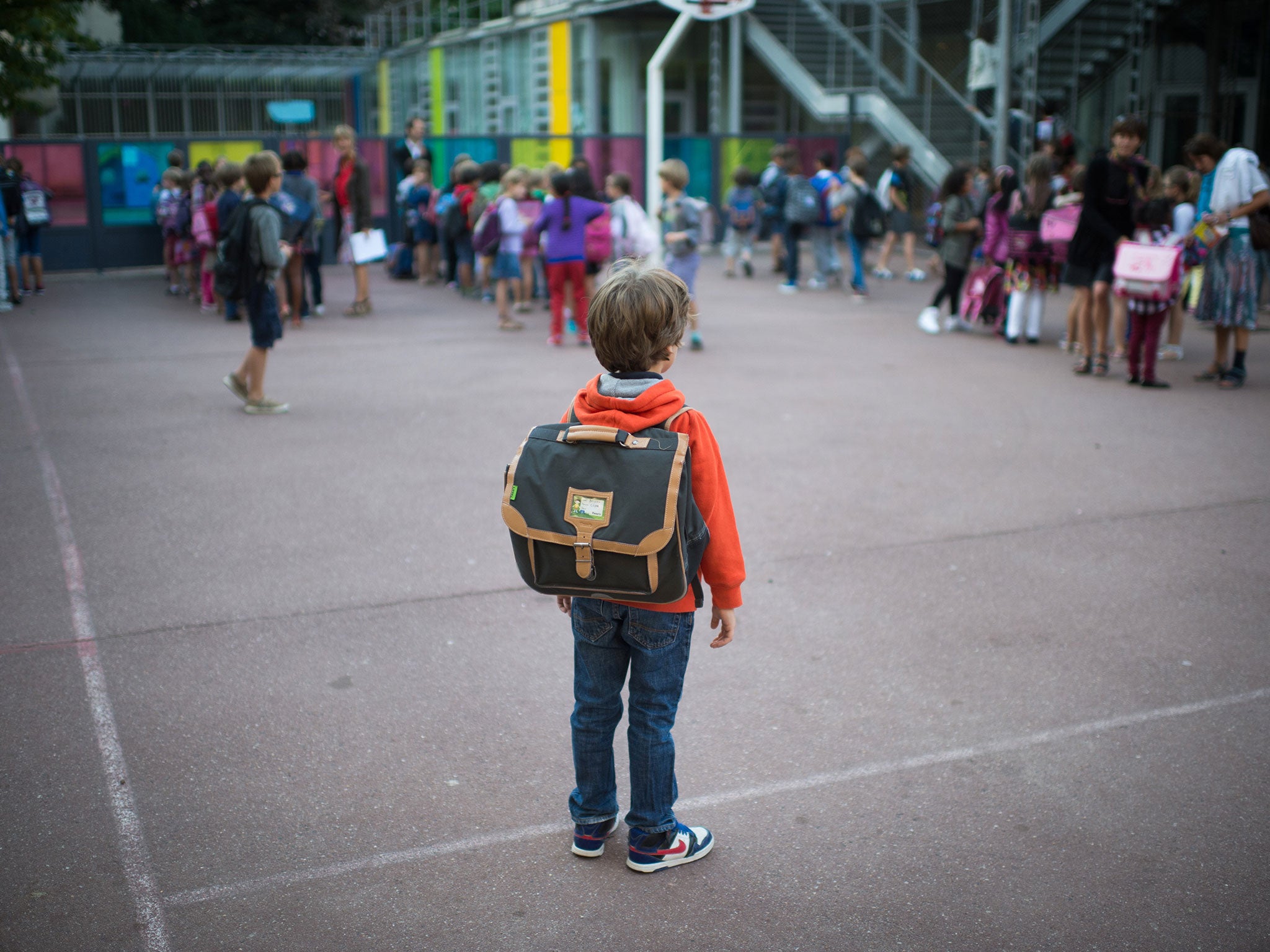Bullying in childhood linked to poor physical health in adults, study finds
Victimisation can cause problems including depression and anxiety

Your support helps us to tell the story
From reproductive rights to climate change to Big Tech, The Independent is on the ground when the story is developing. Whether it's investigating the financials of Elon Musk's pro-Trump PAC or producing our latest documentary, 'The A Word', which shines a light on the American women fighting for reproductive rights, we know how important it is to parse out the facts from the messaging.
At such a critical moment in US history, we need reporters on the ground. Your donation allows us to keep sending journalists to speak to both sides of the story.
The Independent is trusted by Americans across the entire political spectrum. And unlike many other quality news outlets, we choose not to lock Americans out of our reporting and analysis with paywalls. We believe quality journalism should be available to everyone, paid for by those who can afford it.
Your support makes all the difference.Bullying in childhood can negatively affect a person’s health in adulthood, a new study has found.
Building on extensive research which shows that bullying causes mental illness in children and adolescents, researchers set out to explore the short and long-term physical health effects of being victimised.
The team used data from the Victoria Health Youth Survey, a study conducted biennially between 2003 and 2014 by the University of Victoria, British Columbia, Canada.
The 662 participants aged between 12 and 19-years-old who took part in the study were asked how often they were pushed or shoved by their peers, and how often their schoolmates spread lies about them.
Researchers then ask respondents to rate how often they experienced health problems such as headaches, dizziness and insomnia, as well as how often they felt uncomfortable with their body.
The study published in 'Journal of Adolescent Health' concluded that both physical and psychological victimisation is linked to immediate and long-term physical health problems “for years after high school.”
Alanna D. Hager of Metropolitan State University of Denver, a co-author of the study, told Reuters that bullying can cause health problems including depression, anxiety, somatic symptoms, and low self-esteem.
She explained that bullying can therefore interfere with performance at school and work, in relationships and can be linked to "more severe health outcomes."
The findings follow a recent study which showed that children who are bullied when they are 8-years-old are more likely to develop psychiatric disorders.
Mirroring the findings of the Victoria University study, the paper published in the journal 'JAMA Psychiatry' suggested that bullying is linked to the need for psychiatric treatment in adult life, the Huffington Post reported.
Join our commenting forum
Join thought-provoking conversations, follow other Independent readers and see their replies
Comments